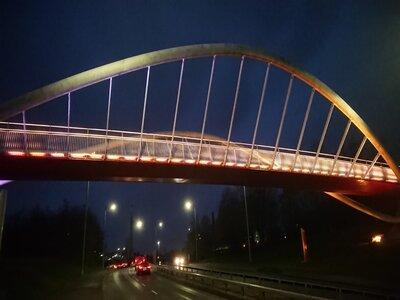Council and partners stride forward to tackle inequalities in the borough head on
Close working between St Helens Council and its partners is helping tackle inequalities in the borough head on and provide potentially better opportunities for residents who need support.

A new report presented to the Council's Cabinet this week has highlighted the work being done by the Inequalities Commission, St Helens Together and other partners to try and reduce equality gaps in areas like health, education, income and housing in the borough.
The report, titled 'Bridging the Inequalities Divide', shows how work and initiatives by partners across the borough has helped to make an impact in tackling issues such as poor housing, mental and physical wellbeing, crime, transport and active travel, plus improving educational and work skills.
Among those initiatives has been the Building Bridges support programme, designed to support families in the borough affected by alcohol dependency and conflict in the home. The initiative has enabled over 2,000 referrals for alcohol dependency and earlier this year its work was recognised at a national event celebrating best practice.
Another project, the Parr-Ticipate project has helped to create new programmes to help tackle anti-social behaviour in the Parr area of St Helens. Working with Merseyside Police and other partners, the project has so far delivered around £38,000, all taken from the proceeds of crime, to local groups to tackle anti-social behaviour in Parr. As well as delivering direct programmes in this area, the initiative has also created new links and conversations with residents and local groups.
The four key themes of the report, Improving Living Standards, Promoting Independence, Strengthening the Community and Local Leadership and Partnerships are based on the image of the iconic Steve Prescott bridge in St Helens, built in memory of the local rugby star who worked tirelessly to raise money to fund research and high quality healthcare for those most in need.
The new report also looks ahead to additional work in the future, which will see partnership working widened further and more links developed with residents and local community groups.
Councillor Anthony Burns, St Helens Borough Council Cabinet Member for Wellbeing, Culture and Heritage said: "Sadly in recent times inequalities both in the borough and nationally have been getting worse and not better and with the recent steep increases in the cost of living, there is no time to waste in trying to close that divide.
"The work of partners in the borough has made great strides forward in the last twelve months in trying to reduce those gaps and we need to do more now in the months ahead.
Cllr Burns adds "We need to do more to make St Helens a place for people to be proud of and further promote the sense of community we saw during the Covid -19 pandemic. We also need to support families so they can bring up their children to be confident and connected. We need to make sure our services build self-confidence and we need to support people and enable independence at the same time."
Ruth du Plessis, Director of Public Health at St Helens Borough Council, said: "There has been some tremendous work done in the past year to help reduce inequalities and improve opportunities for those that need it most in the borough. Our target now is to build on that work and develop further opportunities to improve living standards for residents, increase opportunities for people to be independent and strengthen community links.
"Our goal is very much to further improve St Helens and make it a place where everyone, regardless of who they are or where they live, has the opportunity to thrive."
A full copy of the 'Bridging the Inequalities Divide' report is available to view here : Our responsibility for public health - St Helens Borough Council




